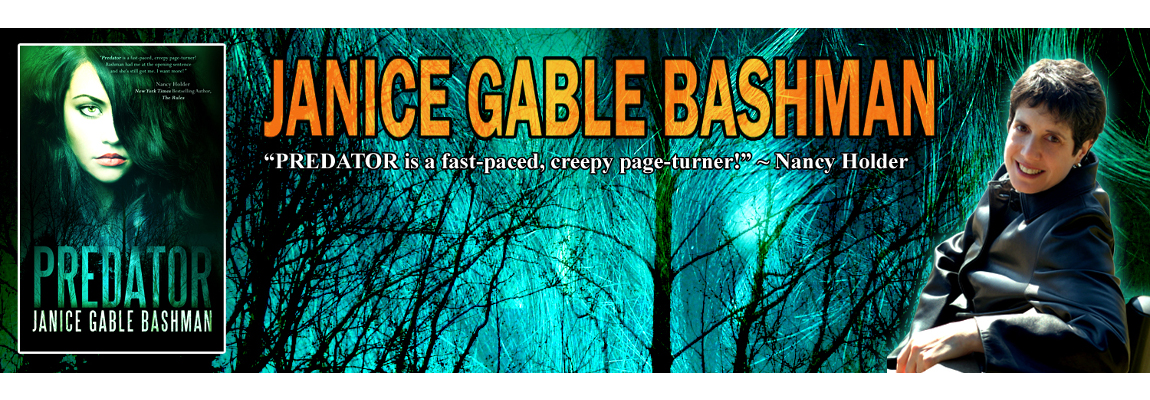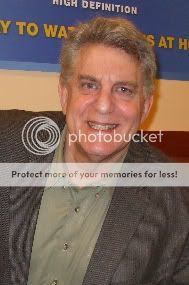Guest Blogger: David Sakmyster
 “You certainly usually find something, if you look, but it is not always quite the something you were after.” – J.R.R. Tolkien
“You certainly usually find something, if you look, but it is not always quite the something you were after.” – J.R.R. Tolkien
My favorite part about the writing process (next to typing ‘The End’ at the appropriate spot, and sending said object of my blood, sweat and tears on to the agent, editor or publisher in question), takes place long before I ever set fingers to the keyboard.
I love doing research. I suppose twenty years ago – before Google, Wikipedia, Flickr, free online books and Instant Chat with people half a world away – it would have been nerve-wracking and tedious, and I give immense credit to all those authors who slogged it out the hard way. But now everything is there for you, quite literally at your fingertips.
But while all those resources are great once you know exactly what you want to write about, what I really love is the process of discovery, and how more often than should be statistically probable – as if something akin to a research fairy went back in time to leave these little gold nuggets for me to find – I discover exactly the thing I need (but never expected) to elevate the story or take it in a cool new direction.
When I started researching the Pharos Lighthouse for legends that it guarded a great treasure, what I didn’t expect to find but was thrilled to discover, was an account by thieves who claimed they sprang some horrific booby trap that slaughtered most of their party. And that took my novel into a completely new direction. Now I could propose the creation of a diabolical puzzle-trap system as the central impediment to thwart my heroes from the prize.
Another recent experience of research-inspiration came while studying up on Genghis Khan – and the mystery of where his tomb might be. Contemporary belief is that he’s somewhere on the Sacred Mountain, near where he grew up. This is because the one written document from the time – The Secret History of the Mongol People, hints as much. But while researching that document, I came across a theory that the author(s) deliberately used disinformation to further protect the resting place of their great leader. With that came my ‘Eureka’ moment, and diverted my characters to a far more interesting destination. (And while this is fiction, I of course secretly wonder if I haven’t in fact, cracked the mystery. Only time will tell).
And finally, another benefit of research is in its capacity as a Writer’s-Block-Buster. When I was feeling less than excited about the plotting of the third book in this series, I took a break and delved more deeply into the research. I knew I wanted a subplot dealing with the Nazi’s interest in the occult, but when I read a few books about their connection to Tibetan mystics and the search for an entrance to the ‘Hollow Earth’, it jump-started my novel’s trajectory and led to a more compelling set of adversaries.
Writing is full of inspiration, and it can come from anywhere. But for me, sitting around outlining and dreaming can only take me so far. The rest comes from out there.
And speaking of ‘out there’, next week I’m visiting Cornell University’s Physics department, where I have a date with a Particle Accelerator, researching a potential means of dispatching an elemental demon from another dimension. Maybe along the tour, I’ll discover something entirely different, but even more inspirational.
Can’t wait.
How do you find inspiration?
David Sakmyster is an award-winning screenwriter and author of THE PHAROS OBJECTIVE (Variance Publishing, 2010), and its sequel, THE MONGOL OBJECTIVE (forthcoming, 2011). Visit David’s website here.






 Janice was kind enough to ask me to blog here (something I don’t do much anymore), and I gratefully appreciate her thinking of me in this regard.
Janice was kind enough to ask me to blog here (something I don’t do much anymore), and I gratefully appreciate her thinking of me in this regard. Most importantly, when I begin to investigate a case I think might become a book, I first consider whether it has all the elements my fans expect from me. I have, over the years, created a body of work with themes, especially where the killers themselves are concerned. I have chosen—with the exception of my serial killer work (but then, come to think of it, three of those five books are about women, too)—to focus on the female killer. In my latest release,
Most importantly, when I begin to investigate a case I think might become a book, I first consider whether it has all the elements my fans expect from me. I have, over the years, created a body of work with themes, especially where the killers themselves are concerned. I have chosen—with the exception of my serial killer work (but then, come to think of it, three of those five books are about women, too)—to focus on the female killer. In my latest release, 
 First of all, I want to thank Janice for inviting me to guest blog on her website. I actually love writing when there are few or no restrictions, and this is one of those situations. So I’m going to do what I do best—ramble.
First of all, I want to thank Janice for inviting me to guest blog on her website. I actually love writing when there are few or no restrictions, and this is one of those situations. So I’m going to do what I do best—ramble. My 16th book,
My 16th book,  I’ve been a horror author for about 12 years now. I never started out to be a horror author, but once I started being published, that’s what people started to call me. Which was cool. As long as there’s the word author at the end the label, I’m pretty much okay with whatever someone wants to call me. I suppose one of the reasons I was tagged as a horror author was because I was able to write about fear. I was good at it. I could scare people and it wasn’t that hard. I’d take the mundane, create normal characters, make readers like them, then do something to them.
I’ve been a horror author for about 12 years now. I never started out to be a horror author, but once I started being published, that’s what people started to call me. Which was cool. As long as there’s the word author at the end the label, I’m pretty much okay with whatever someone wants to call me. I suppose one of the reasons I was tagged as a horror author was because I was able to write about fear. I was good at it. I could scare people and it wasn’t that hard. I’d take the mundane, create normal characters, make readers like them, then do something to them.
 Early in my career, I bought my first computer and started typing. Ah. I was in love. It was far more complicated and unreliable than computers are today, and, sure enough, one day I turned it on and got gobbledygook. I called my local computer guy, who’d sold it to me, and he said, “What did you do?”
Early in my career, I bought my first computer and started typing. Ah. I was in love. It was far more complicated and unreliable than computers are today, and, sure enough, one day I turned it on and got gobbledygook. I called my local computer guy, who’d sold it to me, and he said, “What did you do?”
 A few years ago, I ran into a writer who was writing furiously with a black Bic pen on college-ruled notebook paper. He said that writing longhand is far more efficient for him—that the permanent “soft sentence” of composing on the computer lends itself to a lot more spew and he does more internal editing with pen and paper.
A few years ago, I ran into a writer who was writing furiously with a black Bic pen on college-ruled notebook paper. He said that writing longhand is far more efficient for him—that the permanent “soft sentence” of composing on the computer lends itself to a lot more spew and he does more internal editing with pen and paper. So. The Writing Life. Or, as I insist on calling it, the good life. And not the “good life” that
So. The Writing Life. Or, as I insist on calling it, the good life. And not the “good life” that  For me, it happens when someone tells me they hate history but love my novels. When I get an email from someone telling me they can’t quit thinking about
For me, it happens when someone tells me they hate history but love my novels. When I get an email from someone telling me they can’t quit thinking about  So here I am, with
So here I am, with  A dear friend of mine walked out on me yesterday, just left without word or warning.
A dear friend of mine walked out on me yesterday, just left without word or warning. As for yesterday? I’m not sure what, exactly, made him flee. Probably it’s because I’m in that most nerve-wracking stage of the publishing process. My next book,
As for yesterday? I’m not sure what, exactly, made him flee. Probably it’s because I’m in that most nerve-wracking stage of the publishing process. My next book, 


